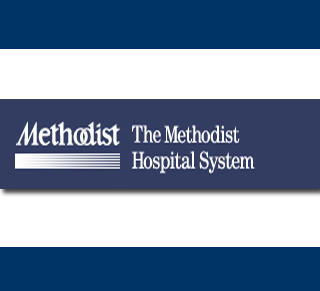
The latest method seems to be better than previous versions of minimally invasive bypass procedures. While conducting the novel bypass procedure, surgeons may approach the heart from the patient’s side instead of going in directly over the heart. This can probably decrease trauma to the patient’s ribs and improve heart visualization. With an enhanced view of the heart, a safe multi-vessel bypass can be supposedly performed in one minimally invasive procedure itself.
“Patients with cancer tend to have a team approach to their care. They see an oncologist, a surgeon and a radiation therapist who coordinate their care. That’s uncommon for patients with heart disease, but that’s what we’re providing at Methodis. With this model, we offer more comprehensive care, more tailored, personalized care, and better outcomes for our patients. MICS CABG is a cornerstone of these advanced approaches that combine the best available treatments for our patients,” affirmed Dr. Mahesh Ramchandani, cardiac surgeon at Methodist.
This newly provided multidisciplinary approach can apparently be applied to patients with ischemic heart disease. The investigators have also created a new hybrid robotic operating room which is presumed to help carry out bypass grafting along with stenting in one single procedure with few tiny incisions. Not only the surgeons, but also patients may benefit from this sophisticated technology.
A single procedure with minimal incisions provides the patient with much more tailored, personalized and safer care treatment of blockages in the cardiac arteries than the prior methods.
